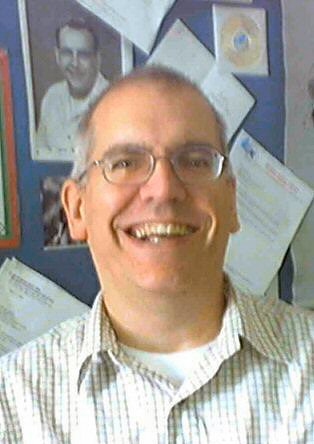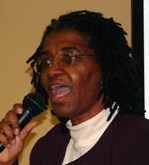Mary
Whitton and Daniel Ward, Games
(November 1)
Tonight's topic
covers two radically
different aspects of games: how they can be used to the benefit
of people and society and how they can cause addictive problems.
It
took computer games to
drive the market so that
interactive 3D graphics down so that it is a part of every computer
now. Serious applications--from training to policy decision
making--are the beneficiaries of the ubiquitous graphics
capability. Through examples, Pro. Whitton will discuss the
technology that
enables games, some technical issues still hindering serious game
development, and some recent research that illustrates how subtlly
content can influence behavior.
Have you ever been addicted to
anything? Shopping? Gambling? Sudoku? How about
the Internet? Meet someone who never thought he could get
addicted to anything, especially role playing games on the
Internet. We will analyze how his addiction started and what have
been the consequences of his gaming addiction.
|
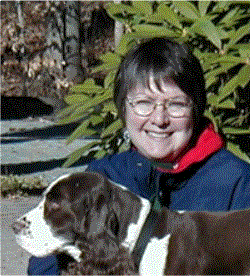
|
Mary C. Whitton has
been involved in
the development and evaluation of
high performance graphics, visualization, and virtual environment
systems
for over 25 years. She is a Research Associate Professor in the
Department of Computer Science at the University of North Carolina at
Chapel Hill. Her research focuses on understanding what makes
virtual environment systems effective and on developing technology and
techniques to make them more effective. Ms. Whitton joined UNC
after 16 years in industry. She was a co-founder of Ikonas
Graphics
Systems and Trancept Systems (acquired by Sun Microsystems). She
was President (then called Chair) of ACM SIGGRAPH 1993-1995. Ms.
Whitton earned an M.S. degree in Electrical Engineering from North
Carolina State University. |
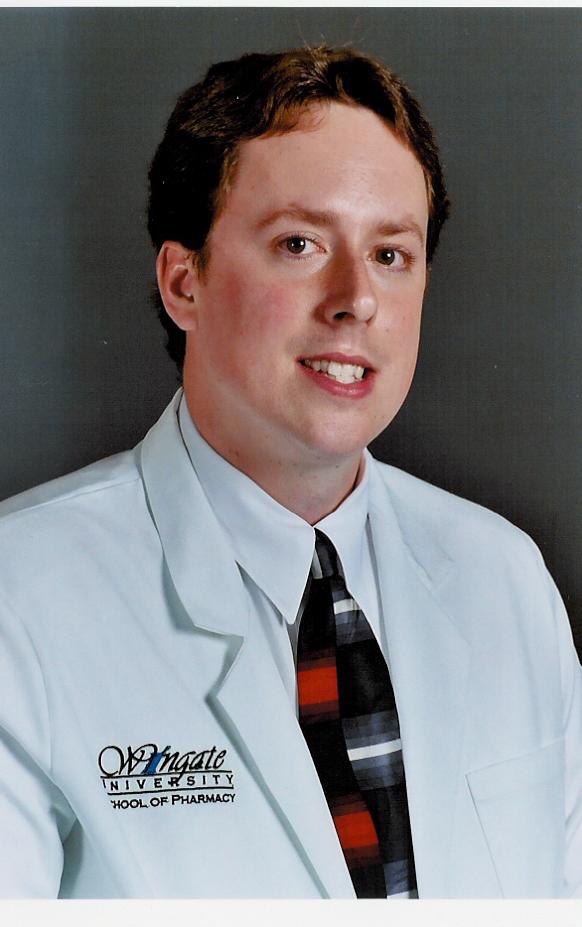
|
Daniel
Ward is a 2001
graduate of UNC-Chapel Hill, and majored
in Geography. He is currently a Doctor of
Pharmacy candidate at Wingate University School of Pharmacy, located in
Wingate, NC. In
his spare time (haha..spare
time), Daniel likes to play piano, read, and play tennis.
Upon graduation in Spring 2007, Daniel plans to work in
community pharmacy in Eastern
NC. |
Presentation
Video (both speakers)
Whitton Presentation
Ward Presentation
Alternative
Assignment
Sections
001 and 002 (Walsh)
Section 003
(Pozefsky)
Prof. Chin will
discuss one of the most analytically demanding legal questions in
antitrust history: the Microsoft tying claim. In analyzing that
claim, the parties, the courts, and most previous commentators failed
to formulate a precise definition of a software product, and heavily
relied on the false and misleading intuition that a software product
consists of software code. Chin will review the D.C. Circuit's
adjudication of the Microsoft tying claim and reaches different legal
conclusions by applying more precise techniques of antitrust analysis,
grounded in first principles of antitrust law, copyright law, and
software engineering, to the facts proven at trial. These
conclusions indicate that the courts should have found Microsoft liable
for illegal tying under any of the doctrinal alternatives they
considered for adjudicating the claim. Instead, harms to
competition from Microsoft's tying conduct that were factually proven
at trial have gone unremedied, and Microsoft now enjoys illegitimately
acquired monopoly power in the market for Web browser software
products.
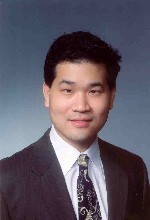
|
After
serving as student government president at Texas, Chin earned his
doctorate studying combinatorial mathematics and computational
complexity theory at St. Catherine's College, Oxford on a Rhodes
Scholarship and a National Science Foundation Graduate Fellowship.
Between 1991 and 1995, he taught mathematics at Texas A&M
University, computer science at King's College, University of London,
and public policy at the University of Texas at Austin. At Yale, he
published a paper written during his first semester as a note in the
Yale Law Journal, and several subsequent law review articles. After
graduation, he clerked for Judge Henry H. Kennedy, Jr. of the United
States District Court for the District of Columbia, and assisted Judge
Thomas Penfield Jackson and his law clerks in the drafting of the
findings of fact in United States v. Microsoft Corporation. Chin then
practiced in the corporate and intellectual property departments in the
Washington, D.C. office of Skadden, Arps, Slate, Meagher & Flom,
LLP. He is of counsel to Intellectual Property Solutions, P.L.L.C.,
where he prepares and prosecutes patent applications in computer and
Internet technology. Chin joined the faculty of the University of North
Carolina School of Law in 2001. He teaches antitrust, intellectual
property, and patent law. |
Presentation Video *** playing
instructions: use Mozilla browser or download VLC Media Player ***
PowerPoint
presentation
Paul Jones, Digital Rights and Barriers to
Innovation
(November 28)
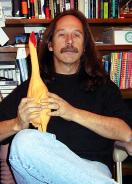
|
Paul
Jones is the Director of ibiblio, a contributor-run, digital library of
public domain and creative commons media, run out of the Office of
Information Technology Service of the University of North Carolina at
Chapel Hill. He is also Clinical Associate Professor in the School of
Journalism and Mass Communication, and Clinical Associate Professor in
the School of Information and Library Science, at UNC-Chapel
Hill. Jones was the first manager of SunSITE.unc.edu, one of the
first World Wide Web sites in North America. He is the author of "The
Web Server Book" (Ventana, 1995), and of numerous articles about topics
such as digital libraries and the Open Source movement. He is an
actively publishing poet. Jones holds a BS in Computer Science
from North Carolina State University (1972) and a MFA in Poetry from
Warren Wilson College (1993).
Jones was one of the founders
of the Triangle Linux Users Group and the Internetworkers (geek social
gatherings) and has been one of the lead organizers of the Triangle
Bloggers Convention (2005), the Red Hat - UNC Symposium on Intellectual
Property, Creativity and the Innovation Process (2005), Podcastercon
(2006), and BarCampRDU (2006). As a journalist, a scholar and as a
writer and poet, Jones has published articles, books including an award
winning poetry chapbook, and academic papers in Communications of the
ACM, Library Trends, and elsewhere. In 2006, he was one of three judges
of the first Lulu Blooker Prize, a literary prize for the best book to
have begun life as a blog.
|
Blog:
Please post comments or questions that you would like discussed at the
presentation at
http://ibiblio.org/pjones/wordpress/?p=1662
Presentation Video
*** playing
instructions: use Mozilla browser or download VLC Media Player ***
Presentation
URL
A video
of interest: Paul
Jones and Eben Moglen (founder of the Software Freedom Law Center)
